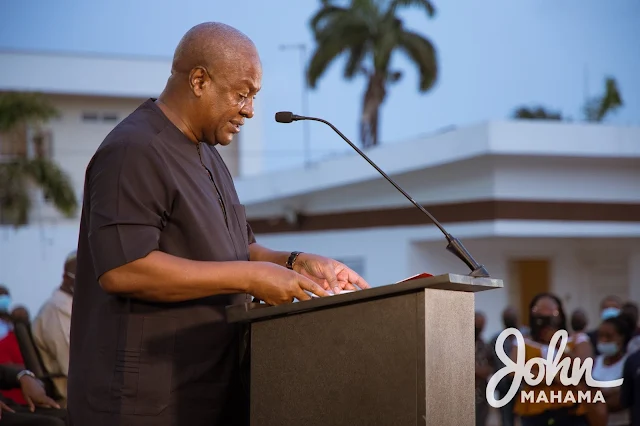 | |
|
Ghana's newly inaugurated President John Dramani Mahama has activated the Presidential Transition Act of 2012, leading to the immediate dissolution of multiple state boards and commissions. The announcement, made public on January 13, 2025, marks the beginning of a comprehensive restructuring of Ghana's statutory institutions.
According to the official notice from the Presidency Communications office, all board members appointed by the previous administration ceased their duties on January 7, 2025, coinciding with President Mahama's assumption of office. This sweeping change affects statutory boards, corporations, commissions, and councils, though notably excludes independent constitutional bodies.
The transition process, governed by Act 845, demonstrates the government's commitment to established constitutional procedures. Felix Kwakye Ofosu, Acting Spokesperson to the President, emphasized that affected institutions will be reconstituted in accordance with their respective enabling laws, ensuring continuity in governance while allowing the new administration to implement its vision.
In a notable interim measure, the President has directed management teams of affected institutions to seek clearance from the Chief of Staff before implementing any major decisions. This oversight mechanism aims to maintain stability during the transition period while new boards are being constituted.
 |
| Letterhead |
The announcement carries significant implications for Ghana's public sector governance. It affects numerous state institutions that play crucial roles in the country's economic and social development. While expressing gratitude to outgoing board members for their service, the administration has signalled its intention to move swiftly with the reconstitution process.
This transition represents a critical juncture in Ghana's administrative landscape, as new appointees will be instrumental in implementing the incoming government's policies and development agenda. Stakeholders and citizens alike will be watching closely as the new boards take shape in the coming weeks.
For organizations and individuals dealing with state institutions, this development necessitates attention to the temporary clearance requirements now in place through the Chief of Staff's office, ensuring compliance with the new administrative protocols during this transition period.






.jpg)







0 Comments
Thank you for taking the time to engage with my content. Your feedback is valuable in maintaining its quality. I invite you to share your thoughts in the comments, and if you found this article useful, please consider sharing it on social media. Should you come across any errors, don’t hesitate to let us know for correction.